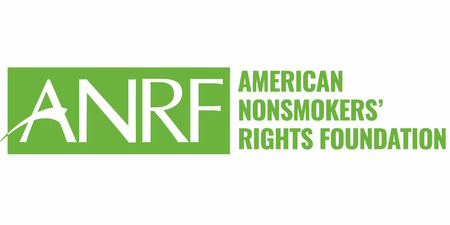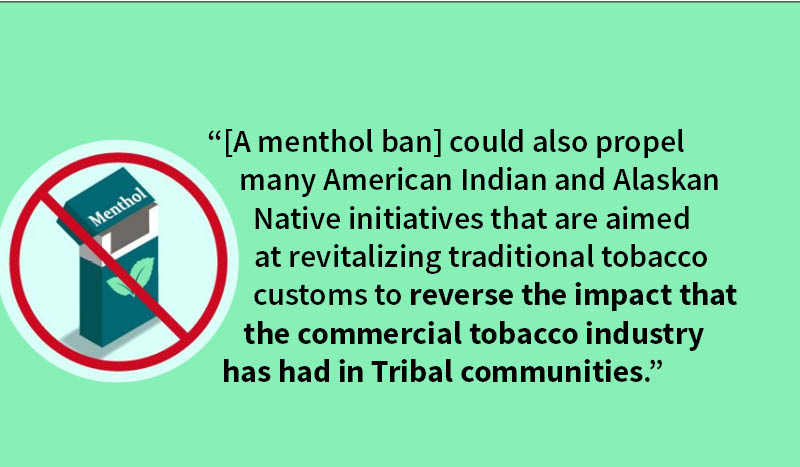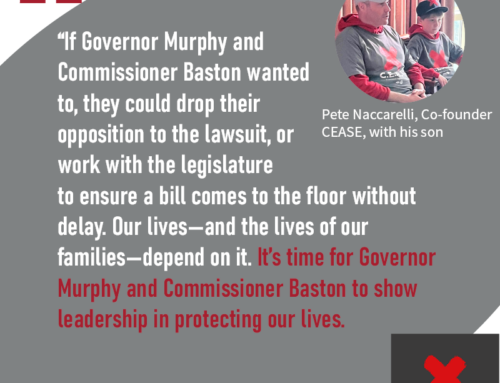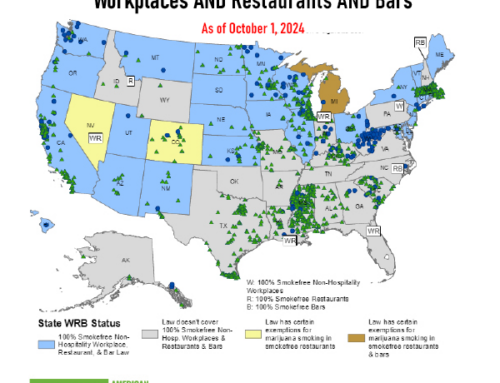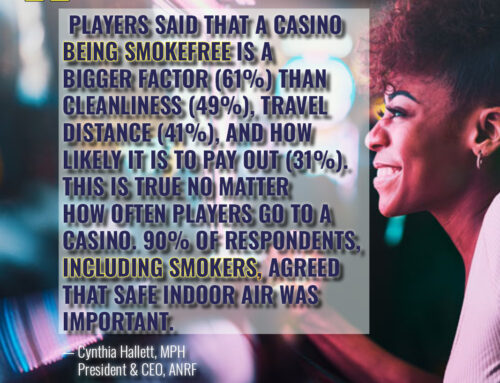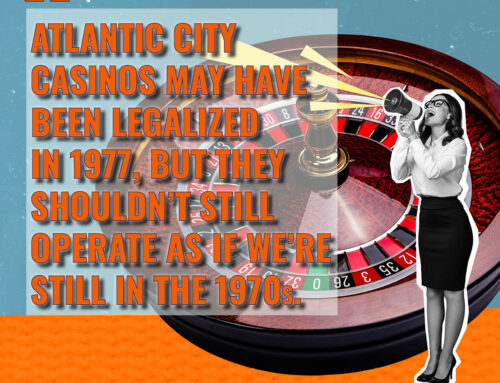Clinton Isham, ANR/F Tribal Relations Consultant
The Biden Administration is considering a federal menthol ban aimed at reducing the disproportionate impact of commercial tobacco-related diseases on marginalized populations. The decision which may come as soon as March 2024, has generated significant debate among interest groups.
On one side of the debate, there are concerns that a menthol ban could lead to the emergence of illegal markets selling cigarettes on Indian reservations and in small towns. Additionally, there are fears that a ban could result in increased over-policing in black and brown communities.
Supporters say the federal menthol ban would promote health equity and address long-standing racial and ethnic disparities associated with smoking. Research has shown that menthol’s cooling and numbing properties can mask the harshness of tobacco smoke, making it more appealing to novice smokers and potentially contributing to higher rates of addiction in black and brown communities.
Could a federal menthol ban help lower smoking rates? The menthol ban could potentially lead to mitigating further commercial tobacco addiction. For example, Big Tobacco’s aggressive marketing campaign of mentholated cigarettes within black and brown communities could cease to exist. The ban could also propel many American Indian and Alaskan Native initiatives that are aimed at revitalizing traditional tobacco customs to reverse the impact that the commercial tobacco industry has had in Tribal communities.
According to the Food and Drug Administration, “since 1978, American Indians and Alaska Natives have had the highest use of commercial tobacco compared to people of other races or ethnicities. Among American Indian and Alaskan Native populations: 1 in 2 young adults aged 18 to 25 years use commercial tobacco. 1 in 5 adults aged 18 and over smoke cigarettes.”
The prevalence of smoking in American Indian and Alaskan Native communities is a complex issue influenced by historical, cultural, and socioeconomic factors. Commercial tobacco control and prevention in Indian Country requires an understanding of Tribal culture, history, and sovereignty. Conventional programming and “proven strategies for success” must be willing to adapt and meet specific Tribal-community needs.
Tobacco holds cultural and spiritual significance for many Tribal groups, dating back hundreds of years. Tobacco was transformed from a traditional medicine during American colonization in the 18th century, and it’s still used both for spiritual and recreational purposes in many Tribal communities today. Contrary to some popular beliefs, Tribes do not rely on commercial or menthol cigarettes for spiritual purposes, and many Tribes have instituted policies to address high commercial tobacco use rates.
In fact, Tribal nations have used their sovereign authority and law-making ability to pass and implement smokefree policies since the 1970s. Tribal leaders were also the first to design and model safe reopening procedures during the Coronavirus pandemic in 2020,and influenced hundreds of casinos to operate 100% smokefree. Tribes have made significant efforts to curb commercial tobacco use rates, and their communities are restoring traditional tobacco use for public health, healing, and wellbeing purposes.
As the United States continues to grapple with alarming rates of commercial tobacco-related diseases and disparities, the consensus among health experts and policymakers is that a federal menthol ban could be a crucial step in promoting public health and narrowing the health equity gap.
Clinton Isham is a citizen of the Lac du Flambeau Band of Lake Superior Chippewa Indians and leads a national campaign for commercial-tobacco smokefree Tribal governments and casinos as the ANR/F Tribal Relations Consultant.
